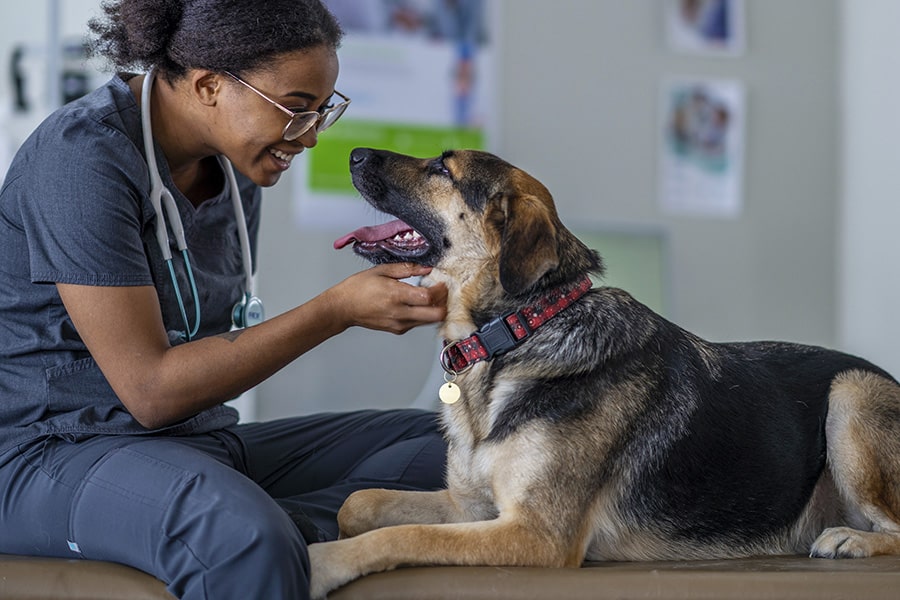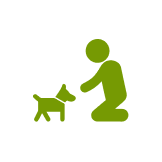In 24 cities

Early Care = Safer Care! Keep Your Dog Healthy with Vet Consults
|
|
Time to read 2 min
Enter pincode
Please enter a valid pincode Enter the pincode to check delivery date
Enter the pincode to check delivery date
100% Authentic

Easy return policy

Help us ensure a smooth delivery
SIZE GUIDE
Written by: Dr.Jyothi Madhu
|
|
Time to read 2 min
Grooming is more than just a beauty routine. Regular brushing removes dirt, loose hair, and tangles while preventing matting and skin irritation. It also helps spot early signs of skin infections, fleas, or ticks, keeping your dog healthy and active.
As a loving dog parent, you want your furry friend to thrive. Routine vet visits allow for the early detection of health issues such as skin infections, dental problems, parasites, or digestive concerns. Catching these problems early often leads to quicker treatment, less stress for your dog, and lower medical costs.
Early care isn’t just about sickness—it’s about supporting overall wellness. Regular check-ups ensure your dog maintains a healthy weight, strong muscles, and an active, playful lifestyle.
No two dogs are alike. Early vet consultations allow for personalized recommendations based on your dog’s age, breed, and lifestyle. Our vets provide guidance on:
Optimal diet and portion control
Exercise routines to maintain healthy weight and fitness
Grooming and coat care specific to your dog’s breed
Supplements or medications to support joint, gut, or immune health
Personalized advice ensures your dog gets care that fits their unique needs, helping them live their healthiest life.
Knowing your dog is regularly monitored by professionals provides peace of mind. Many pet parents find that preventive health routines reduce anxiety, improve confidence in decision-making, and strengthen the bond with their pets.
Regular visits also make emergency situations less likely—problems are addressed early, so your dog stays happy and active.
Early detection starts at home. Observing your dog daily can reveal subtle changes that indicate potential health concerns:
Changes in appetite or water intake
Alterations in energy levels or play behavior
Frequent scratching, licking, or discomfort
Changes in stool consistency or urination habits
Combining at-home observations with professional vet consultations ensures your dog receives timely care.
1. How often should my dog visit the vet?
Puppies require more frequent visits (every 3–4 weeks initially), while adult dogs benefit from at least one annual wellness check. Senior dogs may need biannual visits.
2. What happens during a preventive vet visit?
Vets perform a full physical exam, check weight, coat, ears, eyes, teeth, and paws, and provide vaccinations, deworming, and flea/tick protection as needed.
3. Can regular check-ups prevent serious illnesses?
Yes. Early detection allows treatment before conditions worsen, reducing stress, costs, and health risks for your dog.
4. What should I monitor at home between visits?
Observe appetite, activity levels, bathroom habits, scratching or licking, and coat or skin changes. Report any unusual signs to your vet promptly.
5. Are preventive check-ups necessary for indoor dogs?
Absolutely. Even indoor dogs can develop health issues, including dental problems, obesity, or hidden infections, that only a vet can detect early.
6. How do I choose the right vet for preventive care?
Look for a clinic with experienced staff, vet-approved practices, and personalized care tailored to your dog’s breed, age, and health needs.



In 24 cities

Happy pet parents

For every new member

Exclusive
2 item in cart
₹10,360


